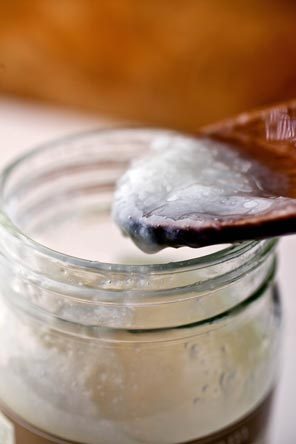 |
| perrysplate.com |
 |
| health-care-org.blogspot.hk |
Can Coconut Oil Help You Lose Weight?
 |
| tcmguideweightloss.com |
How Coconut Oil is Processed Now?
 |
| wakeup-world.com |
A) Dry Method
1) Expeller Cold Pressed (<170 degrees F) - fresh coconuts are dried with hot air within several hours of shelling and then cold pressed.
2) Refined Hot Pressed (<220 degrees F) - Sun dried or fire dried coconuts and then pressed, refined, deodorized and bleached to remove flavours and aromas.
 |
| made-in-china.com |
1) Centrifuged Cold Pressed (<113 degrees F) - milk is centrifuged within several hours of shelling and the oil is removed. This is the true raw oil.
2) Centrifuged Hot Pressed (140 degrees F) - milk is heated and centrifuged and oil is removed after several hours of shelling.
3) Fermented (Ambient temperature) - milk is stored for 10-24 hours until the water portion is fermented and the oil on top is skimmed off.
Which Type of Coconut Oil is Better?
 |
| guardian.co.uk |
 |
| seattletimes.com |
Coconut Oil For Your Bones
A 2012 study published in the journal, Evidence Based Complement Alternative Medicine, suggests that virgin coconut oil is effective in preventing bone loss and maintaining bone structure.
Coconut Oil For Your Skin
 |
| howdoesshe.com |
Cooking with Coconut Oil
 |
| coconutoil.com |
Eating foods in moderation, controlling portion sizes and routine physical activity are keys to a healthy lifestyle. Healthy oils are a part of a balance diet, but there are still ~9 calories in a gram of fat. I am only stating the facts I see about coconut oil, but it does not mean I am telling you to throw away the other good fats like olive oil, which goes well with your pastas and salads or grapeseed oil and avocado oil with high heat cooking, since they have a relatively higher smoke point.
This is a wonderful article, Given so much info in it, These type of articles keeps the users interest in the website, and keep on sharing more ... good luck. pure CBD oil for sale
ReplyDelete